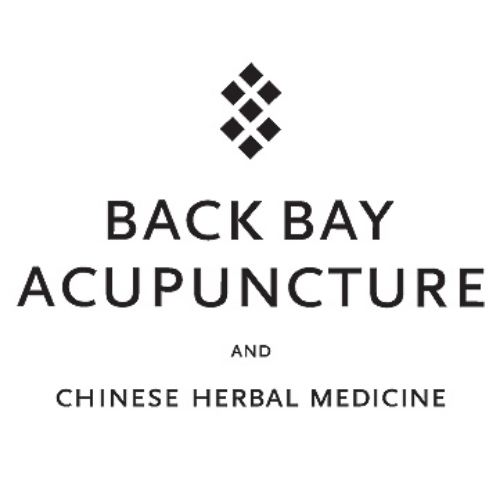The excitement and distraction of the holidays are now over and winter is in full force. For some the holiday season is a time full of joy spent celebrating with friends and family. For others it can be an especially painful time of isolation. As we settle back into our regular schedules, some emotions can rise to the surface or become more prominent.
Do you experience any of the following during the winter?
- Depression
- Hypersensitivity to rejection
- Irritability
- Loss of energy
- Heavy, laden feeling in legs and arms
- Social withdrawal
- Oversleeping
- Loss of interest in activities you once enjoyed
- Appetite changes
- Weight gain
- Difficulty concentrating
If so, you may be suffering from the “winter blues”, or if more severe, Seasonal Affective Disorder (SAD). SAD may affect up to 20% of the US population at any given time. You are not alone. Acupuncture and herbal medicine are natural ways to treat symptoms associated with SAD. SAD can sometimes be translated in Chinese Medicine as a qi stagnation. During the winter, it is natural for an aspect of our qi to slow and sink more deeply. Not unlike animals hibernating. However it’s still important to keep that energy moving. Liver qi is responsible for the smooth flow of qi throughout the body. When the qi stagnates, your whole being is affected, leading to many of the above symptoms. Over time, stagnant liver qi can start to affect the energetic and emotional aspects of other organs, such the spleen, heart and kidneys. Your own personal constitution will determine how this will affect you. An acupuncturist/herbalist will determine your unique diagnosis and treatment plan to help you feeling vibrant, healthy, and back to yourself again. Here are some self-care remedies that you can do on your own.
Get more light: Make sure you take advantage of the limited light we have during the winter. Sit near windows, get outside as often as possible, and look into a light box.
Get moving: Physical activity is crucial for mental health. Moving your body will move your qi. Even a short 20 minute walk a day is beneficial. Take a walk after lunch. Walk instead of taking the bus or look for a parking space as far away from your destination as possible. If it’s snowing out, try an exercise video. Your library and internet have plenty options, no excuses! It’s especially important now to not be sedentary.
Foods to avoid: Limit your intake of dairy and sugar. Over indulgence of these will make you feel sluggish, leading to dampness and more stagnation in the body. If you are craving sweets, eat sweet vegetables. Roast winter squash, carrots, beets, parsnips, and sweet potatoes.
Stay connected: Reach out to friends and family to express how you’ve been feeling. They care about you and want to help, but they won’t know that you are in need of support unless you let them know. If you don’t have close friends or family in your life right now look into contacting a therapist or counselor. You don’t have to go it alone. Reach out.
References:
Staff, Mayo Clinic. "Definition." Mayo Clinic. Mayo Foundation for Medical Education and Research, 22 Sept. 2011. Web. 15 Dec. 2013.

